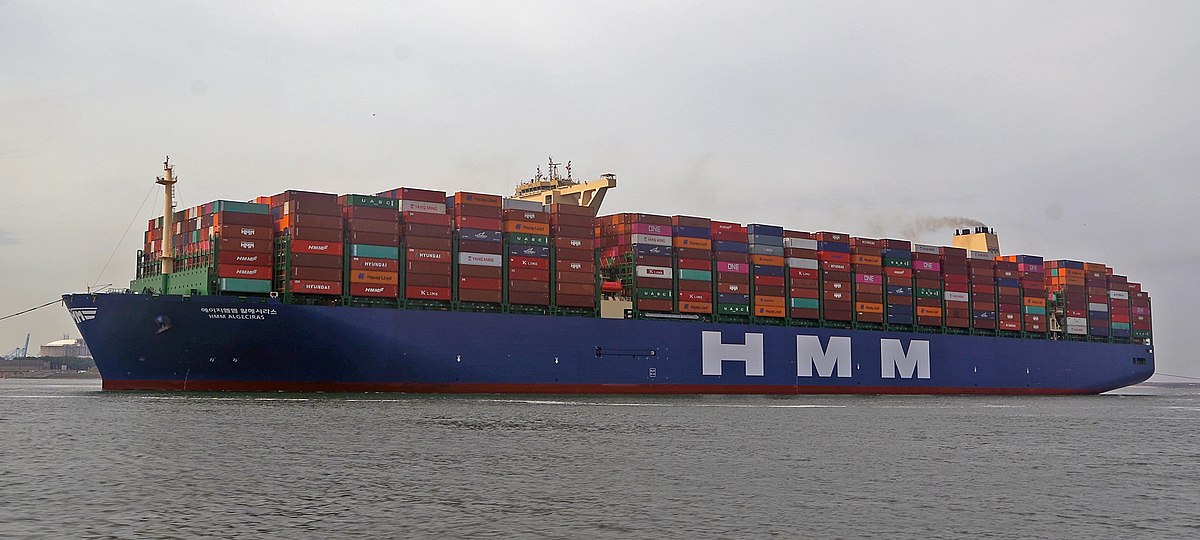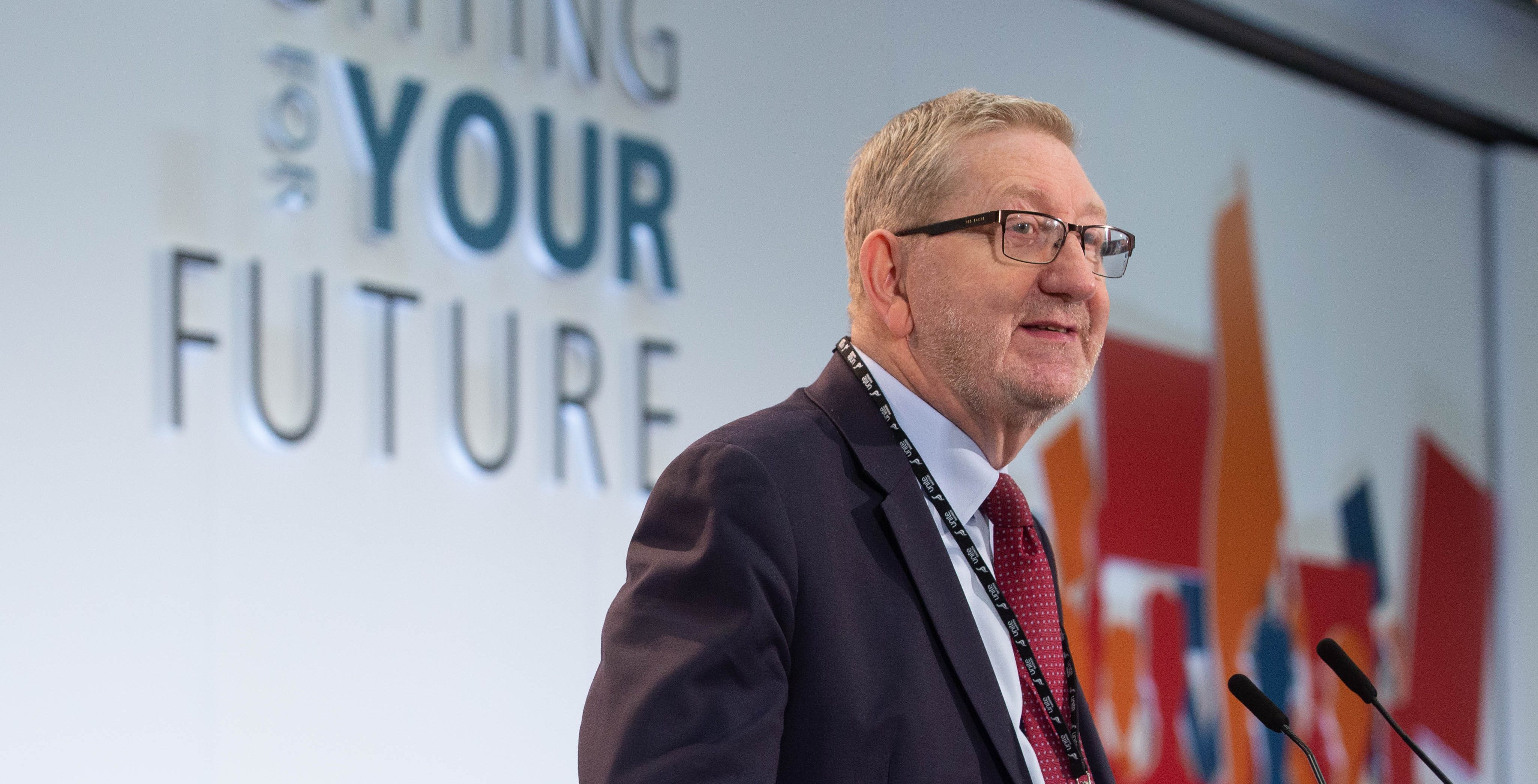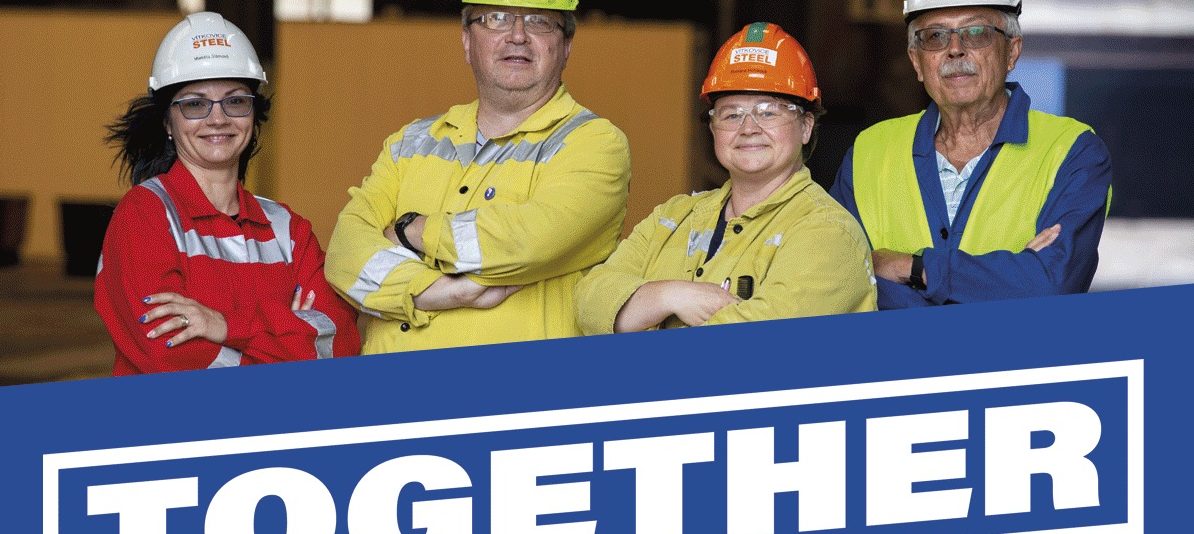Raising the bargaining bar
Ryan Fletcher, Wednesday, November 20th, 2019Delegates at Unite’s sector conferences in Brighton have been meeting this week to discuss the formation of industry-wide responses to issues like insecure work, outsourcing and automation.
At packed â€Industrial Plan to Win’ fringe meetings, delegates developed plans to bring leading stewards together to define the core industrial challenges in their sectors and decide their co-ordinated response.

“We are bringing together stewards from the â€top 10’ companies in each industrial sector and asking â€can we all push for the same agreement on automation or on agency working and win sector-wide agreements that shift the industrial landscape’,” explained Unite executive officer Sharon Graham.
Core industrial issues
Unite’s industrial sectors are dominated by a few large employers who set the pace on core industrial issues like insecure work and automation.
In comparison, many union agreements are limited to one workplace or a specific group of workers.
For instance, Unite has 36,000 agreements with employers, and the union sits at the bargaining table 33,000 times a year.
Unite’s “top 10” strategy is about bringing workers in different workplaces and firms together so they can bargain as a collective, allowing them to raise standards in their sectors as a whole.

“We have to bargain to scale if we are to win to scale. We can’t confront these sort of challenges through thousands of individual negotiations, shop by shop,” said Graham.
“This is a muscular strategy to push back in an industrial landscape characterised by stagnating pay, declining collective bargaining and rampant job insecurity and outsourcing of labour.”

Graham added that such work was vital at a time when workers’ wages have stagnated, the distribution of wealth has gone back to proportions not seen since 1930 and there has been massive increase in job insecurity, fragmentation and automation.

 Like
Like Follow
Follow


